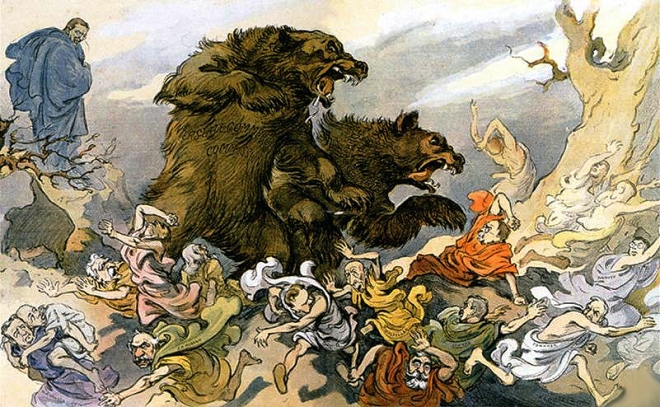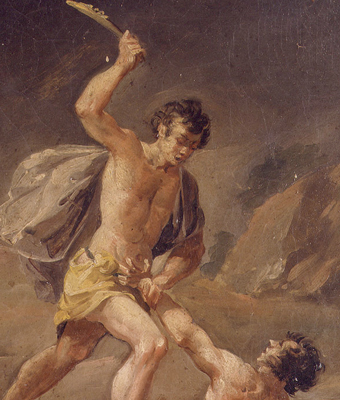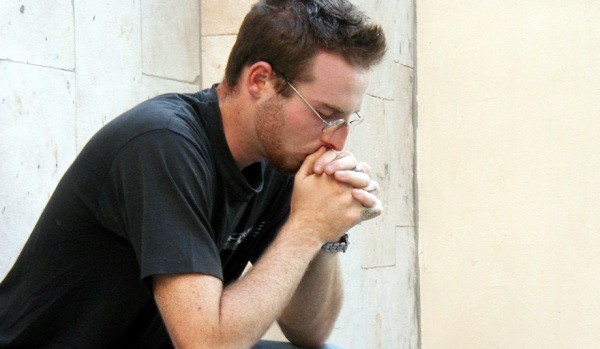Question
Dear Gramps,
My question concerns something from the Old Testament. In 2 Kings 2:23-24, Hebrew youths mocked the prophet Elisha and after he cursed them, they died horribly. Doesn’t this seem a harsh penalty? Is there more to this incident than we have in the Bible today? Why would a prophet feel a need to put a curse on young people who appeared to be doing nothing more than making fun of him?
Susan
Answer
Dear Susan,
To fully grasp the significance of the incident in 2 Kings, it is essential to understand the broader context of Elisha’s ministry. Elisha was a successor to the prophet Elijah and played a crucial role in the spiritual and political life of Israel during a tumultuous period. His ministry was marked by miracles, healings, and prophetic declarations that challenged the idolatry and moral decay prevalent in Israel at the time.
Elisha’s prophetic authority was not merely a title; it was a divine calling that came with the responsibility to uphold God’s covenant with His people. The mocking of Elisha by the youths can be seen as a direct challenge to this authority. In ancient Israel, prophets were viewed as representatives of God, and their words and actions carried significant weight. To mock a prophet was, in essence, to mock God Himself.
The specific incident occurs shortly after Elisha has taken up his prophetic mantle following Elijah’s ascension to heaven. As Elisha travels to Bethel, a group of youths confronts him, basically saying to him, “Get out of here, baldy!” The text describes how Elisha turns around, looks at them, and curses them in the name of the Lord. Subsequently, two bears come out of the woods and maul forty-two of the youths.
This narrative is striking not only for its violent conclusion but also for the apparent severity of Elisha’s response. The question arises: why such a harsh penalty for what seems to be a trivial act of mockery?
One interpretation of this incident focuses on the nature of the youths’ mockery. In ancient Israel, mocking a prophet was not merely a light-hearted jest; it was a serious affront to the authority of God. The term “youths” in the Hebrew text can refer to young men, possibly in their late teens or early twenties, who were old enough to understand the implications of their actions. Their taunts were not just childish teasing; they represented a rejection of Elisha’s prophetic role and, by extension, a rejection of God.
The severity of Elisha’s curse can be seen as a necessary response to restore respect for prophetic authority. In a society where the prophet served as a mediator between God and the people, undermining that authority could have dire consequences for the community’s spiritual health. The bears’ attack, while shocking, serves as a divine judgment that shows the seriousness of mocking.
Another layer of interpretation involves the symbolism of the bears in the narrative. In biblical literature, animals often serve as instruments of divine judgment. The bears’ emergence from the woods can be seen as a manifestation of God’s wrath against those who defy His authority. This interpretation aligns with the broader biblical theme that emphasizes the consequences of sin and rebellion against God.
The number of youths—forty-two—also carries significance. In biblical numerology, certain numbers often symbolize completeness or divine order. The large number of youths mauled by the bears may suggest a collective judgment on a group that had collectively rejected God’s authority. This incident serves as a stark reminder of the seriousness of sin and the potential consequences of turning away from God.
Understanding the role of prophets in ancient Israel provides further insight into Elisha’s actions. Prophets were not merely forecasters of future events; they were also moral and spiritual leaders tasked with guiding the people in their covenant relationship with God. Their authority was derived from their direct communication with God, and their words were considered binding.
Elisha’s curse can be viewed as an exercise of his prophetic authority, a necessary action to reaffirm the seriousness of his role and the importance of obedience to God’s commandments. In this light, the incident serves as a cautionary tale about the consequences of disregarding prophetic counsel and the divine authority that prophets represent.
The incident involving Elisha and the youths raises important theological questions about justice, mercy, and the nature of God. How do we reconcile the harshness of this judgment with the understanding of God as loving and merciful?
One perspective is that God’s justice is often beyond human comprehension. The Bible frequently portrays God as a righteous judge who cannot overlook sin. While the incident may seem extreme, it serves as a reminder of the seriousness of sin and the importance of respecting divine authority.
Moreover, this narrative invites readers to reflect on their attitudes toward authority and the consequences of mockery and disrespect. In a contemporary context, the story challenges us to consider how we respond to those in positions of authority, whether in religious, political, or social spheres.
Gramps






